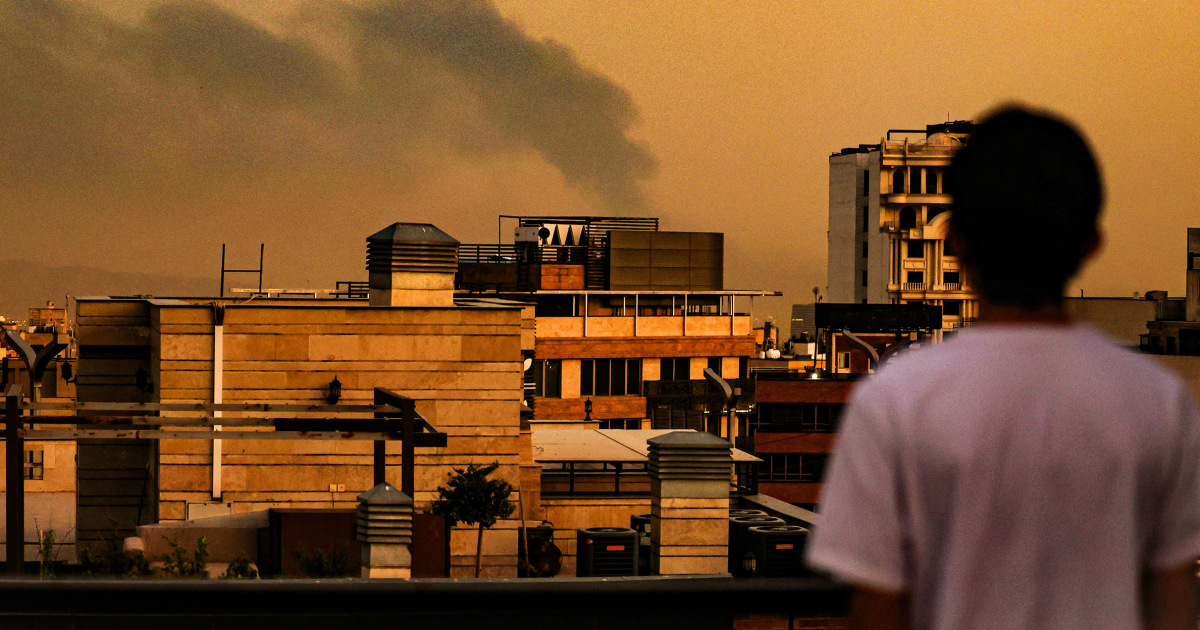
Kelly is among the expert watchers who worry that Israel’s attack on Iran will trigger proliferation both “horizontal” — nuclear states building more weapons — and “vertical” — nonnuclear states trying to get them.
That would accelerate an existing trend, according to watchdogs such as the Stockholm International Peace Research Institute, the Sweden-based weapons monitor known as SIPRI.
“The signs are that a new arms race is gearing up that carries much more risk and uncertainty than the last one,” SIPRI Director Dan Smith said in a statement Monday as his group released the findings of its 2025 yearbook.
Cold War adversaries America and Russia are both modernizing their weapons, while the fastest warhead production is happening in China, SIPRI said. Meanwhile India and Pakistan have developed new systems, with their decadeslong enmity almost spilling over into conflict earlier this year.
In terms of potential new members of the nuclear club, “the most obvious is Iran itself,” Kelly said. “As soon as this war is over, I think it’s pretty clear they’re going to go back and build these things again. I’d be really shocked if they didn’t.”
That chimes with what former U.S. officials told NBC News this weekend: there could be a scenario in which Israel’s strikes prompt Tehran to rush toward building a bomb.
That could start what experts call a “cascade” effect.
A nuclear-armed Iran would cause great anxiety in Israel — which is estimated to have around 90 nuclear weapons, although it has never publicly admitted this.
But it would also provoke grave fears in Iran’s historical Sunni Muslim adversaries, such as Saudi Arabia, despite a recent tentative rapprochement.
“Although Saudi Arabia does not possess weapons of mass destruction, Saudi officials have expressed that they will acquire nuclear weapons if their regional rival, Iran, does,” according to the Nuclear Threat Initiative, a nonprofit organization based in Washington, D.C.
Meanwhile North Korea will likely see Israel’s strikes as a ringing validation.
They “must be patting themselves on the back right now,” Decker Eveleth, an analyst at the Washington nonprofit CNA Corporation focusing on Pyongyang’s weapons program, posted on X. Israel’s bombardment “is precisely the sort of air campaign” North Korea “anticipated for decades and the reason why they wanted nuclear weapons,” he said.